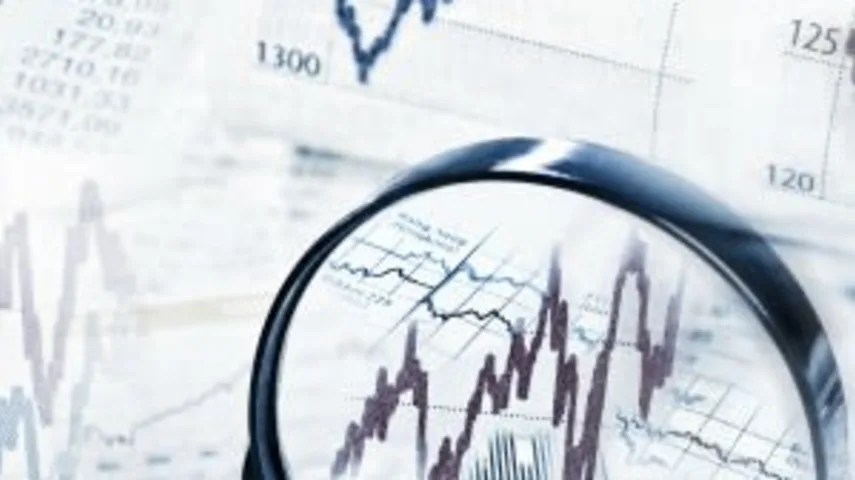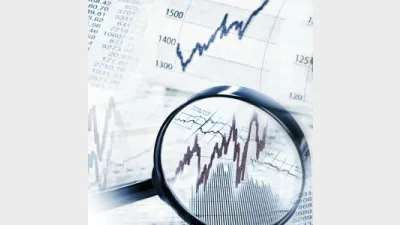ASIC keeping an eye on illiquid valuations



The corporate watchdog is monitoring illiquid asset valuations of responsible entities, given the increased economic and financial uncertainties stemming from the COVID-19 pandemic.
The Australian Securities and Investments Commission (ASIC) said responsible entities might face issues such as a lack of comparable transactional data, and uncertainties around cash flow forecasts, the shape and timing of any economic rebound, the selection of an appropriate discount rate in an environment of very low government bond yields, and the risk premiums that should be attached to the risk free rate.
“As a result, responsible entities may need to carry out valuations more often to ensure reliable asset values and member unit prices,” ASIC said.
“Where valuations are uncertain for a material proportion of a fund’s assets, the responsible entity needs to consider whether it is in a position to establish a reliable unit price. If not, the responsible entity may need to temporarily suspend entry and exit from the fund.
“…it is more important than ever that valuations of managed fund assets are regular, robust and reasonable.”
It said accurate valuation of fund assets, including illiquid assets, was needed for a responsible entity to determine:
- The value of the units of a scheme for performance measurement;
- The unit price to allow for investors to enter into and exit from a scheme;
- The price for the selling and buying of specific assets, including stakes in a company; and
- The value of assets in financial reports required by the Corporations Act 2001.
ASIC noted that while the pandemic continued to disrupt markets, it encouraged responsible entities to ensure:
- Valuations are reasonably current and regular;
- Valuations are performed using appropriate methods and assumptions for that asset class;
- Assets are promptly written down should the cash flows of an asset be negatively impacted directly or indirectly by COVID-19 restrictions;
- Estimates are developed on a sound and reasonable basis, and that they consider whether past performance and historical inputs are still reflective of future outcomes;
- Valuation polices are regularly reviewed by the responsible entities’ management and board; and
- Valuations are carried out by unbiased valuers and valuers are periodically rotated by the responsible entity.
Recommended for you
Dan Farmer, chief investment officer of MLC Asset Management, has detailed how its super fund allocations have evolved and whether the fund will consider investing in bitcoin.
Australia’s superannuation capital has been positioned to play a larger role in south-east Asia’s economic development under a new government-backed deal.
Superannuation funds have become the dominant force behind Australia’s private markets boom, fuelling unprecedented growth and reshaping manager operations.
Reserve Bank governor Michele Bullock has said the central bank sees private demand picking up over the next year, taking over from public demand.










It's more important than ever to increase valuations a couple of days out from yearend if you've had a bad year.